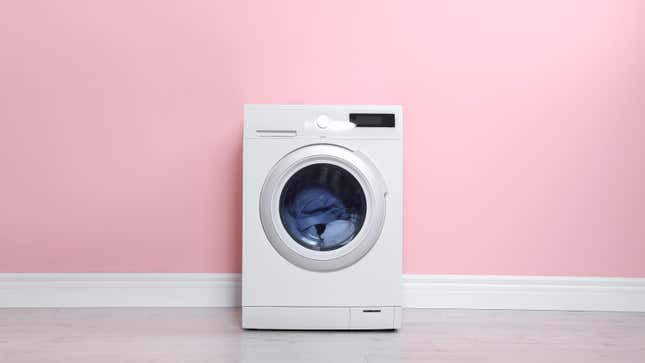Table of Contents

Your parents are right: They don’t make appliances built to last anymore. So when your washing machine breaks down, or it becomes clear that it’s starting to fail, you’re faced with a decision: Should you pay to have it repaired, or buy a new one? Here’s what to know.
Should you repair or replace your washing machine?
Before anything else, check your washing machine’s warranty, in case repairs are still covered. If not, you’ll need to figure out whether it makes more sense to repair it, or purchase a new machine. This, however, involves more than comparing upfront costs, as repairing will almost always be less expensive than buying a new washer.
Instead, experts at Consumer Reports recommend taking the following factors into consideration:
- How much you paid for your washing machine
- How many years you have owned it
- Repair costs
- Energy efficiency (newer machines typically use less energy, which means you’ll spend less on electricity)
- Water efficiency (newer machines typically use less water, saving you money on water bills)
That involves a lot of math, so to give you more time to make a decision, you can enter some basic information into this interactive tool, and get a better idea of whether fix your current washing machine, or ditch it for a new one.
How much does it cost to repair a washing machine?
According to a Consumer Reports survey, the overall median out-of-pocket cost for repairing a washer (not counting the service quote fee) is $155, with some types being pricier to fix than others. Here are the median repair costs for three different categories of the appliance:
- Top-Load Agitator Washers: $129
- Top-Load HE Washers: $165
- Front-Load Washers: $171
The full report contains even more information on washing machines, including what to look for in a repair technician, and the most common problems with the appliance.
